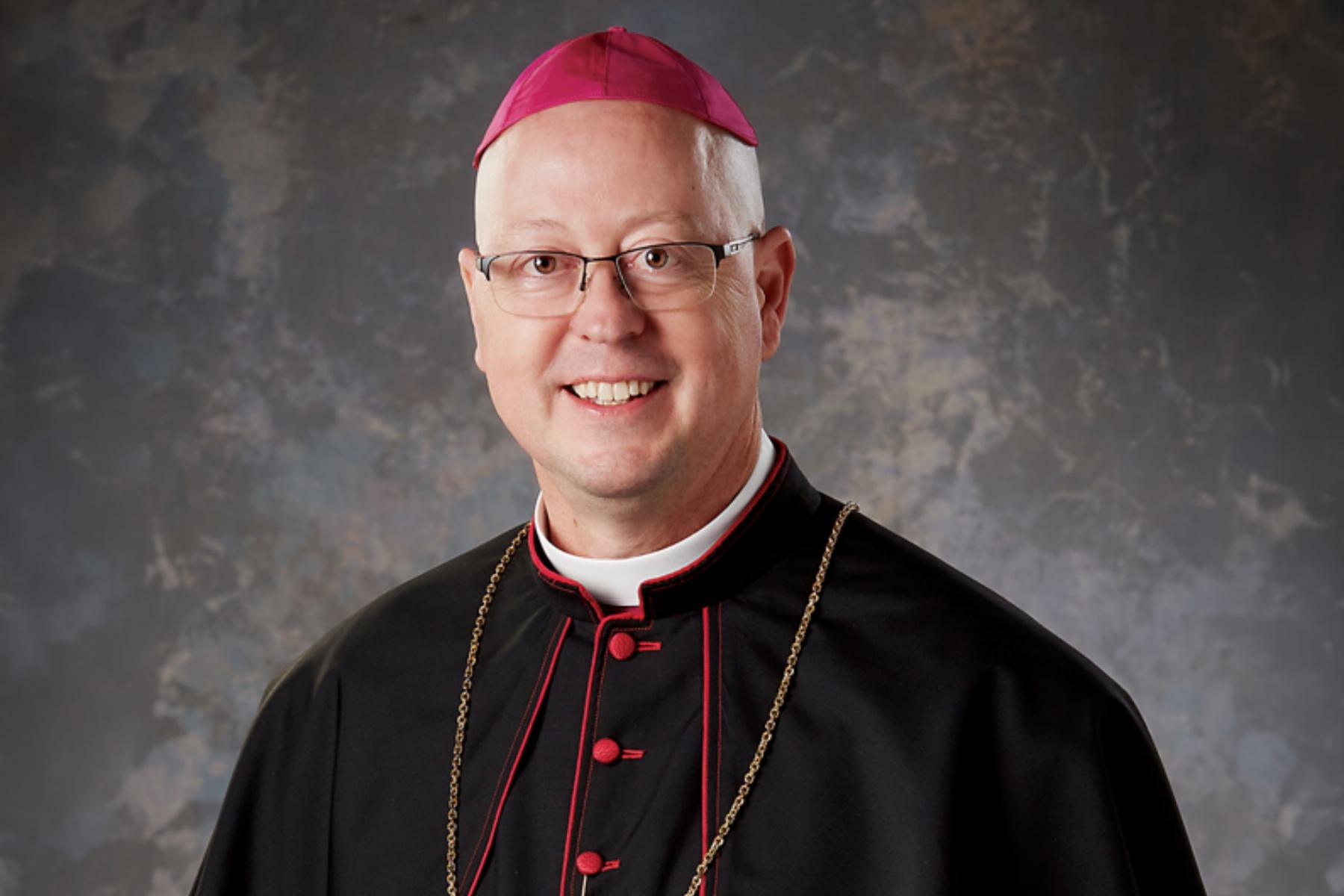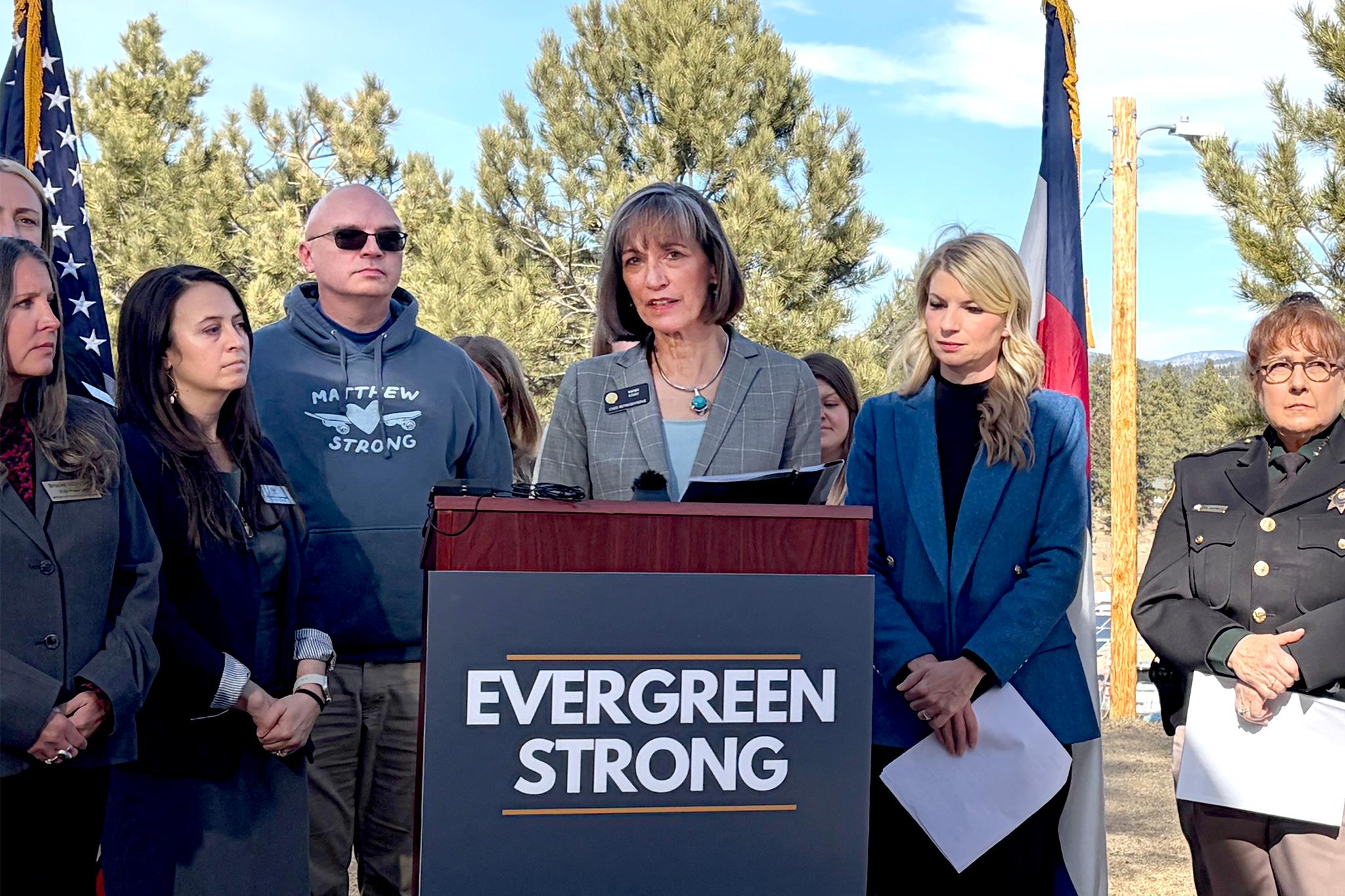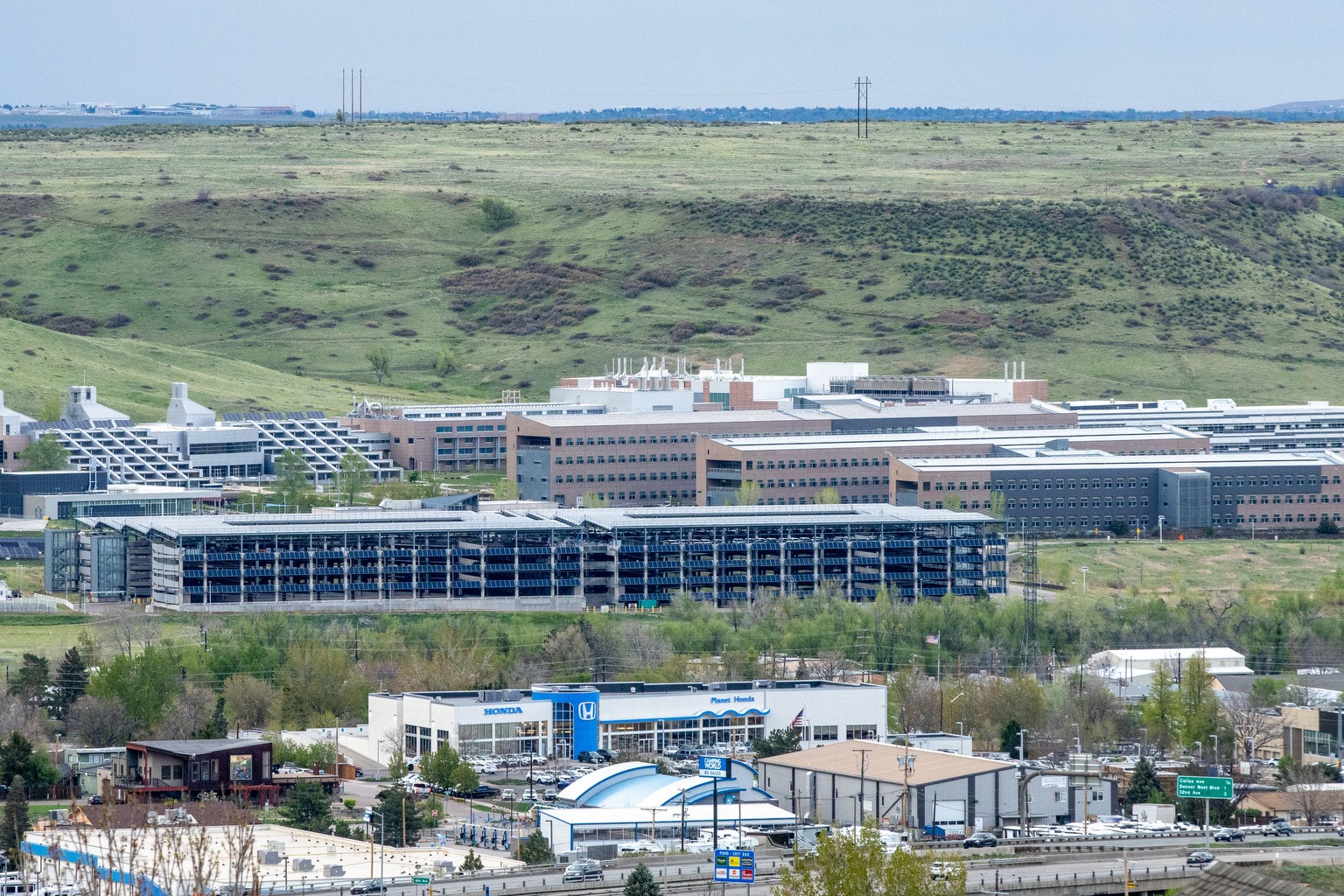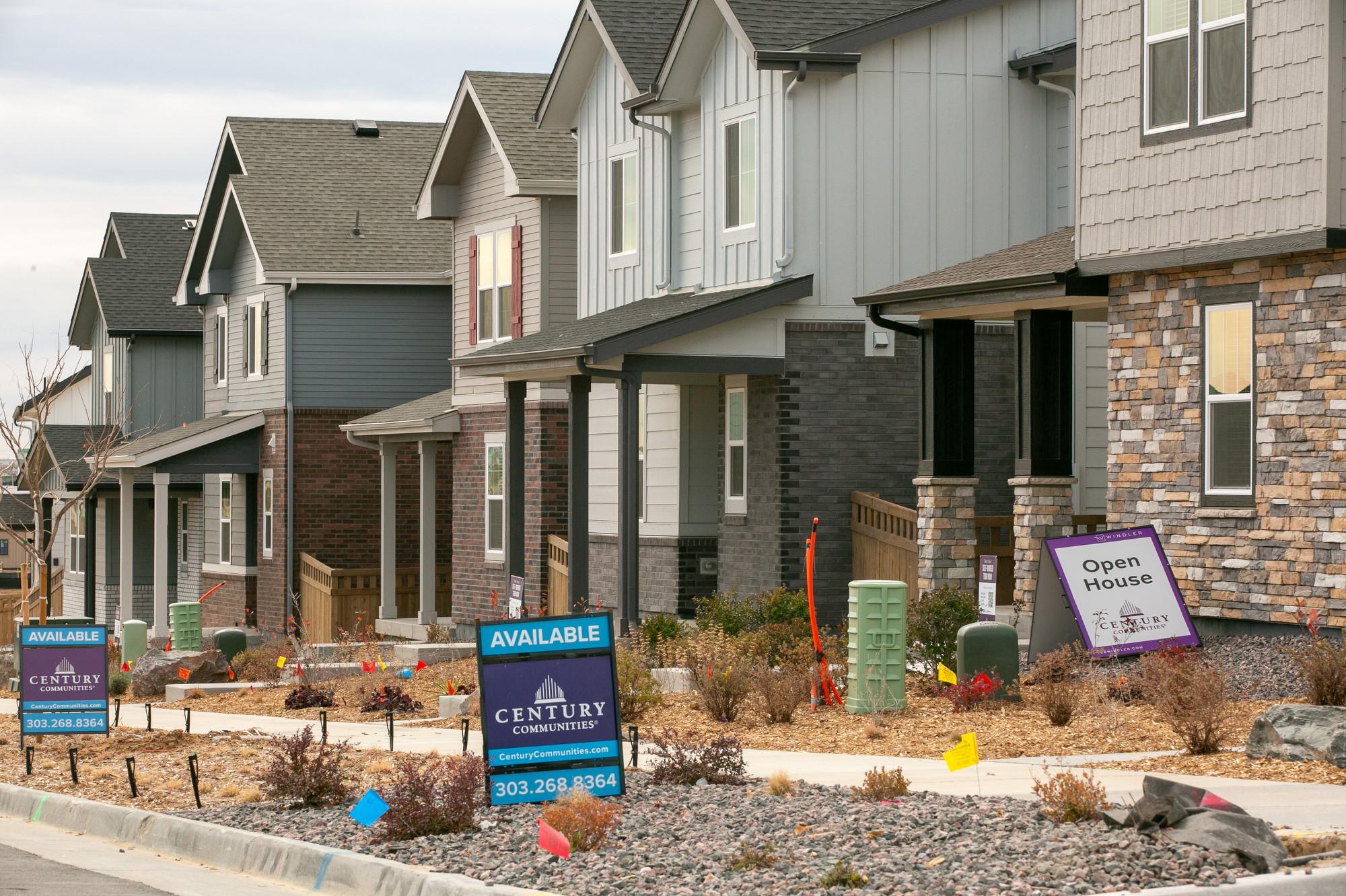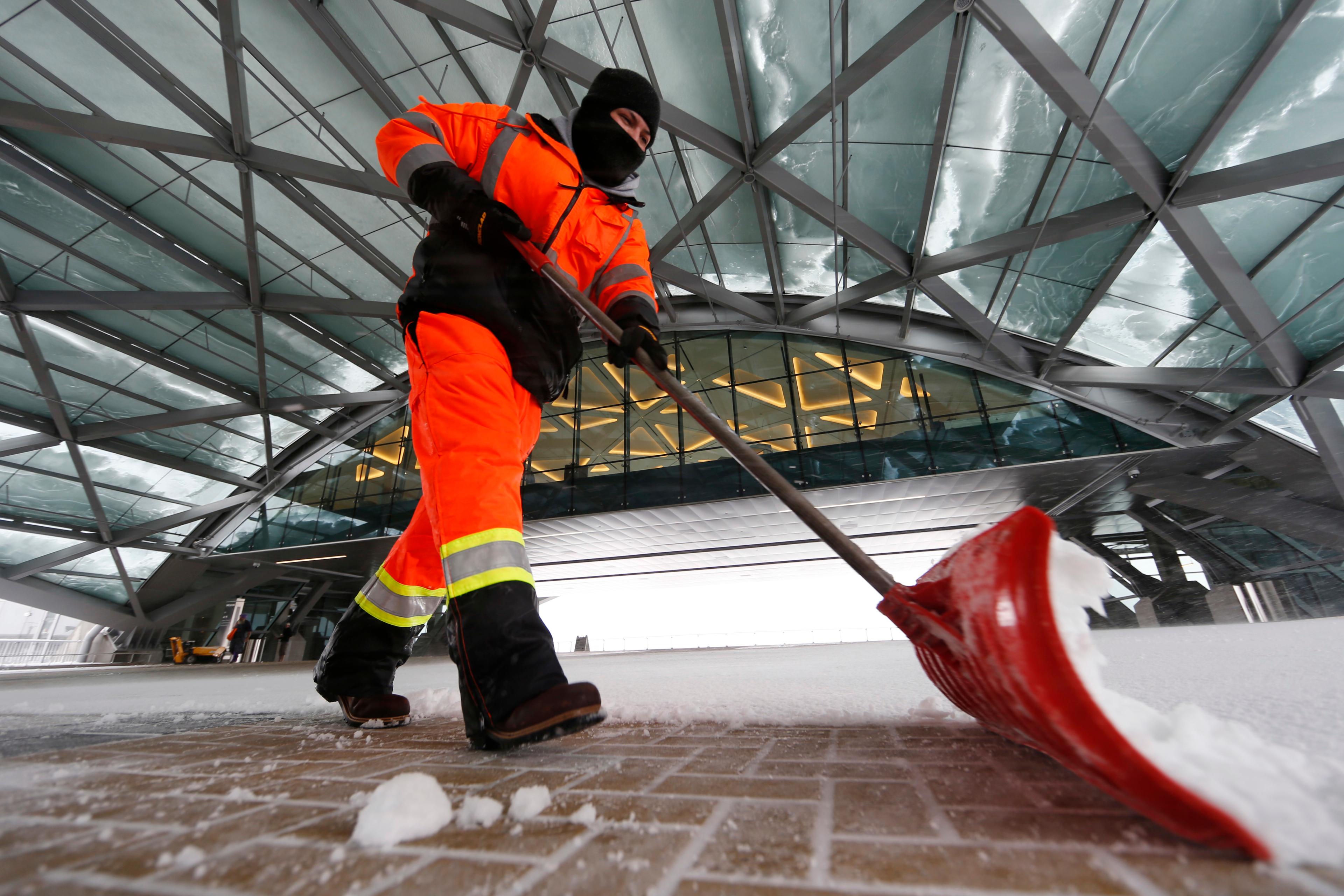

Denver city employees are getting a raise. Well, some of them.
Mayor Michael Hancock and Councilwoman Robin Kniech announced a deal to raise the minimum wage for all city employees and employees of most city contractors to $15 an hour by 2021. The proposal comes as the cost of living in many cities, Denver included, continues to rise while wages have not kept pace.
“The people of our state and nation need a living wage, which I believe is one of the most fundamental equity issues facing workers in our city and across this great nation,” Mayor Hancock said at his city hall news conference.
The minimum wage increase is only for city employees and city contractors. State law prohibits Denver from hiking wages citywide, like Seattle has done. Hancock said he was open to that if the state relaxed the limits.
The city’s minimum wage proposal must clear a Career Service Board hearing and be approved by city council. It’s expected to pass easily. For city workers, that means their minimum hourly will jump to $13 an hour starting July 1. Then $14 an hour the next year, and finally to $15 an hour by 2021. After that, the minimum wage will rise with inflation.
For employees of city contractors, the process is a bit more complex.
Once city council approves the proposal, all future contracts will incorporate the new minimum wage. For current contracts, the city will have to negotiate with companies to make the wage change. The city estimates there are about 300 ongoing contracts, and they will target contracts that are not near their end and include many low-wage workers.
Amelton Archelous was one of dozens of Denver International Airport employees on hand for the announcement. He makes $13 an hour. He was smiling.
“So, everybody going to be smile,” said the 19 year airport veteran. “This $15 going to make smiles on everybody face, just a lot of people’s face.”
Archelous said when he moved to Denver in the 1990’s he could rent a two bedroom apartment for $400 a month. Now, he said, a two bedroom costs $2,000, and would take him 100 hours of work a week to afford on the current minimum wage.
As part of the proposal, unions agreed to pull a measure currently slated for the spring municipal ballot that would have raised the airport’s minimum wage to $15 an hour — provided the new proposal passes city council.
Denver estimates that nearly 1,900 city employees will see an increase at a cost to the city of $5.7 million over several years. More than 80 percent of those workers are in Parks and Recreation, many of whom are lifeguards and recreational instructors. Increasing the pay of contract employees will cost an additional $4 to $7 million. About 6,300 contract workers at the airport will be impacted, according to Unite Here Local 23.
A report from CBS4 said companies and airlines at the airport have warned against boosting the minimum wage, for fear it will add to ticket and retail costs. They even suggest that it may be legally questionable.
Councilwoman Kniech countered that the minimum wage hike was actually in their best interest.
“We firmly believe you will see less turnover, you will see higher productivity, you will see more workers attached to your business and engaged with you,” Kniech said.

